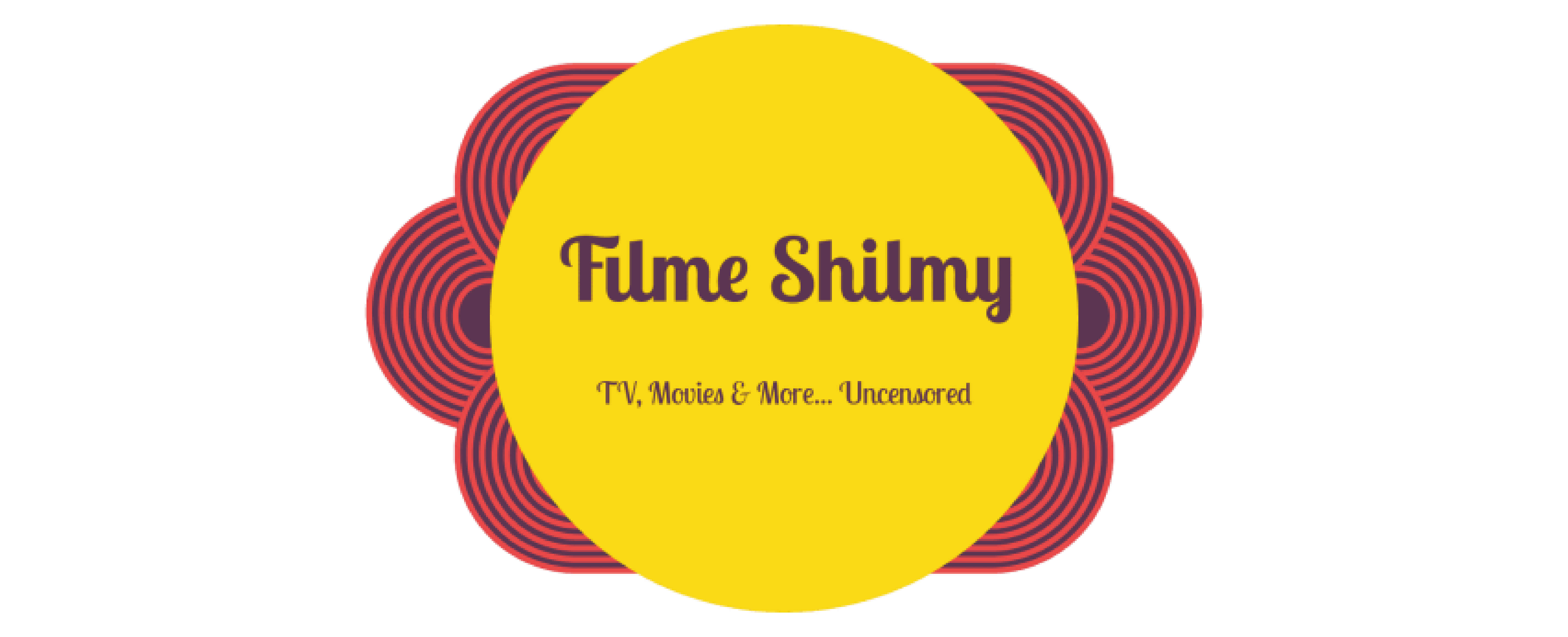WOMB – Women of My Billion, a powerful narrative that highlights the plight, dreams, rights and fight of the women of today’s India against all forms of violence, is all set for its world premiere at the Opening Night UK Gala of the London Indian Film Festival 2021.
Deeply shocked and disturbed by the highway 91 rape case that was reported in 2016 in India, Srishti Bakshi decided to not be a silent spectator to rising crime against women in her country.
The documentary captures her 3800-kilometre on-foot journey from Kanyakumari to Srinagar over 230 days and her heroic effort to create awareness of women’s safety and empowerment through financial and digital literacy.
WOMB is a poignant and heart-warming watch exploring the social issues faced by women of today’s India. The documentary feature highlights the monumental journey through Srishti’s lens, her interaction with over 85,000 women over more than 100 workshops she conducted in schools, villages and institutions on her walk from Kanyakumari to Kashmir.
The 1 hour and 40 minute film is a unique testament to seemingly insurmountable challenges in these unprecedented times and the everyday ‘sheroes’ who are battling to overcome.
“In this documentary, we have celebrated ordinary women who’ve shown extraordinary courage to rise above their limitations and challenge deeply entrenched gender norms. We did this to unite the majority because what we discovered was that ‘gender-based violence is a crime perpetrated by the minority but perpetuated by the silence of the majority,” says a very passionate Bakshi.
From the first visual of Srishti confronting a domestic violence case, the attention of the viewer is immediately grabbed. It sets the precedence of WOMB and through the hand-held camera movement, we feel the panic and horrors of such sinister crimes against women.
I find it interesting how the narrative of the documentary is divided between two angles: One, regarding Srishti’s crusade for women’s rights and the other, presenting survivor stories of activist Pragya Prasun Singh, Lt. Col. Sangeeta Tiwari and Neha Rai.
Such style of storytelling brilliantly shows the distinction between both strata of society – whether it is the working class or the lesser financially-abled in India, it brilliantly exhibits how women have endured (and to some extent, still suffering) at the hands of patriarchy and archaic pre-requisites of society.
Watching the accounts of Pragya, Sangeeta and Neha are unsettling. Nonetheless, they act as a stark reminder of how pivotal it is to address issues about atrocities towards women. On the journey of Srishti, we are also taken on their parallel journey.
The notion of feeling unsettled is prominent throughout the film. Even instances where a villager casually describes a gang-rape case in which the victim was burnt alive, a survivor talking about their acid attack or a man saying that rape doesn’t even exist, is harrowing. During these instances, it makes us appreciate Srishti’s endeavours to raise awareness.
Moreover, even though we see how courageous and motivational Srishti is, we also get to see how the journey and stories of trauma are taking a toll on her. During such shots and in spite of great intentions, we are immediately reminded that she is a human being after all. Thus, how she overcomes that exhaustion and hardship itself becomes inspiring (almost spiritual) to observe.
In fact, as a filmmaker, Ajitesh Sharma adapts a very humanised approach to presenting the stories. He encapsulates the sounds, location and mindsets of individuals. By him presenting the story and even showing how Srishti’s husband whole-heartedly supporting his wife, it balances the storytelling. It never thrashes one gender over another. Rather, the movie shows how one group of humans are suffering at the hands of another.
Having said that, the film is undoubtedly a need of the hour and well-rounded. After the credits roll, what sticks with me are the close-up shots of various women speaking about feminism and women’s rights provide insight into the emotions and views of the common person in India. Through such sequences, it unifies the women in the movement.
The uplifting background score and shots of women laughing and participating enthusiastically in workshops also emphasise hope. Whilst there has been a great deal of suffering, figures like Srishti Bakshi act as a beacon of change. She proves that no mountain is high to climb.
Films like WOMB – Women of My Billion, whose intentions are far greater than presenting a piece of cinema, don’t require to be reviewed or critiqued. They deserve to be acknowledged, interpreted and commemorated.
.5 (4.5/5 stars)
London Indian Film Festival (LIFF) runs from 17th June to 2nd July at cinemas in London, Birmingham, and Manchester, or at home, via the digital site www.LoveLIFFatHome.com. Head over to https://londonindianfilmfestival.co.uk/ for more on their programme.
For screenings in Manchester and Birmingham, go to: https://birminghamindianfilmfestival.co.uk/ and https://manchesterindianfilmfestival.co.uk/.









